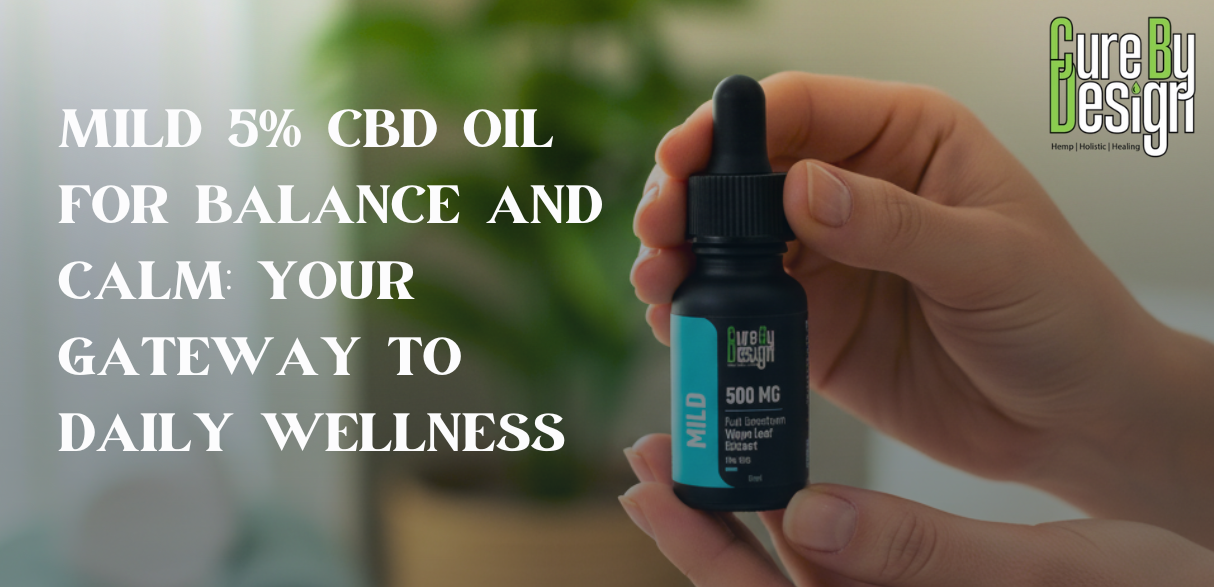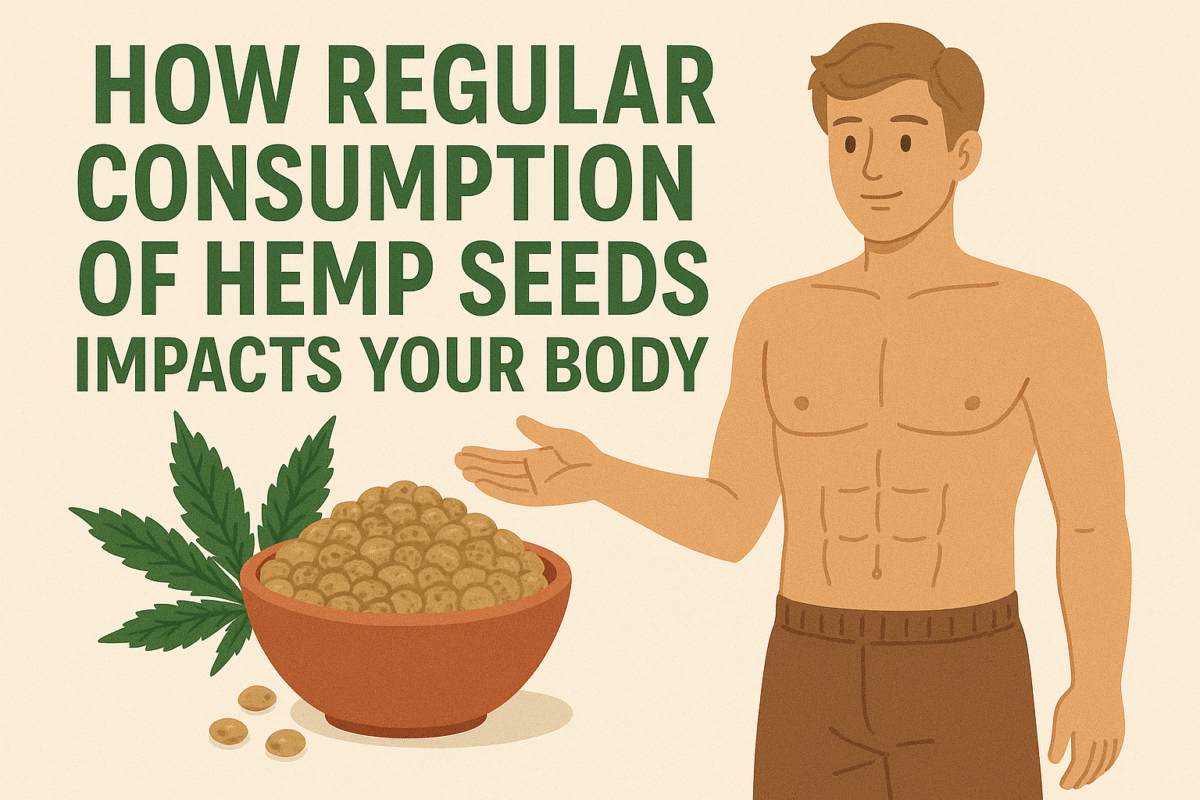
Blog
Understanding the Health Benefits of Hemp

Health Benefits of Hemp
What is hemp?
Hemp is a versatile plant that has been used for centuries for its various health benefits. Although often confused with marijuana, hemp is a different strain of the Cannabis sativa plant and contains minimal amounts of THC, the psychoactive compound. Hemp is rich in nutrients, including protein, fiber, and essential fatty acids, making it a valuable addition to a healthy diet. Additionally, hemp seeds are an excellent source of antioxidants and minerals, such as magnesium, iron, and zinc. With its numerous nutritional properties and potential health benefits, hemp is gaining recognition as a superfood that can support overall well-being.

The difference between hemp and marijuana
Understanding the difference between hemp and marijuana is essential in unlocking the health benefits of hemp. While both plants belong to the cannabis family, they have distinct characteristics. Hemp contains a high concentration of CBD (cannabidiol) and only trace amounts of THC (tetrahydrocannabinol), the psychoactive compound found in marijuana. This means that consuming hemp products will not result in a “high” sensation. Hemp is known for its numerous health benefits, including its potential to reduce anxiety, alleviate pain, and improve sleep quality. By recognizing the unique qualities of hemp, individuals can harness its therapeutic properties without the mind-altering effects associated with marijuana.
Nutritional benefits of hemp
Hemp is a powerhouse of nutrition, offering a range of health benefits that make it a valuable addition to any diet. Packed with essential fatty acids, hemp provides a healthy balance of omega-3 and omega-6 fats, which are important for brain health and reducing inflammation in the body. Additionally, hemp is an excellent source of plant-based protein, containing all nine essential amino acids that our bodies need. It is also rich in vitamins and minerals, including vitamin E, magnesium, and zinc. What sets hemp apart is its high fiber content, which aids in digestion, promotes satiety, and helps maintain a healthy weight. Including hemp in your diet can support overall well-being and contribute to a balanced and nutritious lifestyle.
Hemp as a source of protein
Hemp is not only a versatile plant but also a valuable source of protein. It contains all nine essential amino acids, making it a complete protein source for vegetarians and vegans. What sets hemp protein apart is its high digestibility and bioavailability, ensuring that your body can efficiently absorb and utilize the nutrients it provides. Additionally, hemp protein is rich in fiber, which aids in digestion and helps regulate blood sugar levels. Incorporating hemp protein into your diet can support muscle growth, repair tissues, and boost your overall immune system. Whether you’re looking to build muscle or simply improve your overall health, hemp protein is a nutritious and sustainable choice.
Hemp seed oil and its health benefits
Hemp seed oil is a powerhouse of health benefits that many people may not be aware of. Rich in essential fatty acids, such as omega-3 and omega-6, hemp seed oil can promote heart health, reduce inflammation, and support brain function. Additionally, it contains a unique combination of vitamins, minerals, and antioxidants that can boost the immune system and improve skin health. What sets hemp seed oil apart from other oils is its ideal ratio of omega-6 to omega-3 fatty acids, which is beneficial for reducing the risk of chronic diseases. Incorporating hemp seed oil into your diet can be an excellent way to enhance overall well-being and experience the numerous advantages it has to offer.
Hemp as a source of omega-3 fatty acids
Hemp is not only a versatile plant but also a fantastic source of omega-3 fatty acids. While many people associate omega-3s with fish oil, hemp seeds are actually a great alternative for those who follow a plant-based diet. Omega-3 fatty acids play a crucial role in brain health, reducing inflammation, and supporting heart health. What sets hemp apart is its ideal ratio of omega-3 to omega-6 fatty acids, which is essential for maintaining a healthy balance in the body. Incorporating hemp into your diet can be a simple and effective way to reap the benefits of these essential nutrients.
The role of hemp in reducing inflammation
Hemp plays a vital role in reducing inflammation and promoting overall health. The compounds found in hemp, such as cannabinoids and terpenes, have powerful anti-inflammatory properties. These compounds interact with the body’s endocannabinoid system, which regulates various functions, including inflammation. By modulating the immune response, hemp can help alleviate chronic inflammation, which is linked to numerous health conditions, including arthritis, cardiovascular disease, and autoimmune disorders. Additionally, hemp is rich in omega-3 fatty acids, which have been shown to reduce inflammation in the body. Incorporating hemp into your diet or using hemp-based products can be a natural and effective way to support your body’s inflammatory response and improve your overall well-being.
Hemp and its potential benefits for heart health
Hemp has gained recognition for its potential benefits in promoting heart health. The seeds of the hemp plant are rich in omega-3 and omega-6 fatty acids, which are essential for maintaining a healthy heart. These fatty acids have been shown to reduce inflammation, lower blood pressure, and improve cholesterol levels. Additionally, hemp contains a compound called cannabidiol (CBD) that has been found to have antioxidant and anti-inflammatory properties, further supporting cardiovascular health. Incorporating hemp into your diet can be a great way to enhance heart health and reduce the risk of heart disease.
Hemp and its impact on mental health
Hemp has gained significant attention in recent years for its potential health benefits, particularly in relation to mental health. Research suggests that hemp may have a positive impact on mental well-being due to its high content of omega-3 fatty acids and cannabidiol (CBD). Omega-3 fatty acids are essential for brain health and have been linked to reduced symptoms of depression and anxiety. CBD, on the other hand, has been found to have potential anti-anxiety and antidepressant effects. Additionally, hemp is rich in other nutrients, such as magnesium and B vitamins, which play a crucial role in supporting a healthy nervous system. Incorporating hemp into your diet may contribute to better mental health and overall well-being.
Summary and conclusion
In summary and conclusion, it is clear that hemp is a versatile and nutritious plant that offers numerous health benefits. From its rich source of protein and essential fatty acids to its potential anti-inflammatory and antioxidant properties, hemp can be a valuable addition to a balanced diet. Additionally, hemp is a sustainable and eco-friendly crop that requires minimal water and pesticides, making it a more environmentally friendly choice. With its potential to support heart health, improve digestion, and enhance skin health, incorporating hemp into your daily routine can be a wise decision for overall well-being. So why not give hemp a try and experience its many health benefits for yourself?












